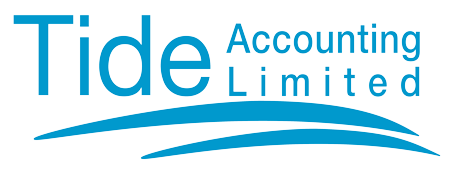Navigating financial challenges can be daunting, but understanding the tools available can make a significant difference. One such tool is a Debt Management Plan (DMP), designed to help individuals regain control over their finances.
What is a Debt Management Plan?
A DMP is an informal agreement between you and your creditors to repay your non-priority, unsecured debts at an affordable rate. This plan is particularly useful if you can only manage to pay a small amount each month or if you're facing temporary financial difficulties but expect your situation to improve soon.
How Does it Work?
You can set up a DMP through a licensed debt management company authorised by the Financial Conduct Authority (FCA). The process typically involves:
- Assessment: Providing details about your financial situation, including assets, debts, income, and creditors.
- Proposal: The company calculates a monthly payment based on what you can afford.
- Negotiation: They contact your creditors to seek agreement on the proposed plan.
Once in place, you'll make regular payments to the debt management company, which will then distribute the funds to your creditors. It's important to note that while many creditors may agree to freeze interest and charges, they are not obligated to do so.
Costs Involved
Some debt management companies may charge:
- A setup fee.
- A handling fee for each payment made.
Ensure you understand any costs involved and how they will affect your repayments.
Eligibility Criteria
DMPs are suitable for managing 'unsecured' debts, such as:
- Credit card debt.
- Personal loans.
- Overdrafts.
They are not applicable for 'secured' debts like mortgages or car finance agreements.
Advantages of a DMP
- Single Monthly Payment: Simplifies your finances by consolidating multiple debts into one payment.
- Professional Negotiation: The debt management company negotiates with creditors on your behalf.
- Flexibility: Payments can be adjusted if your financial situation changes.
Disadvantages of a DMP
- No Legal Protection: Creditors are not legally bound to agree to the plan and may still contact you or take legal action.
- Impact on Credit Rating: Entering a DMP can negatively affect your credit score.
- Potential Costs: Fees charged by some companies can extend the time it takes to repay your debts.
Your Responsibilities
It's crucial to maintain the agreed-upon payments. Missing payments can lead to the cancellation of the plan, and creditors may resume collection actions.
Seeking Free Advice
Before committing to a DMP, consider seeking free, impartial advice from organisations like MoneyHelper, which can guide you through your options and help you make an informed decision.
 Christchurch, Dorset & London
Christchurch, Dorset & London mail@tideaccounting.co.uk
mail@tideaccounting.co.uk 01425 674776
01425 674776
